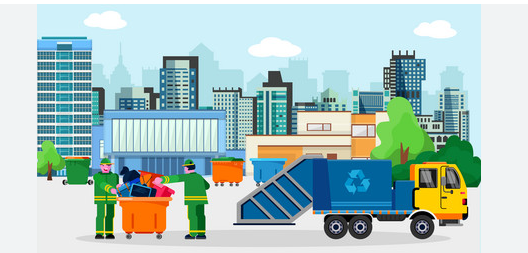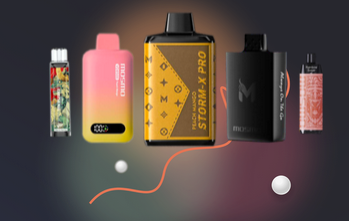As everyone already knows, drug addiction can hurt relationships, disrupt daily life, and lead to severe health risks. Drug rehabilitation is an important step to address the challenge holistically. Dr Michael Vivian highlights the benefits of drug addiction rehabilitation, and how it not only aids in ceasing substance use but also helps rebuild lives disrupted by addiction.
Medical Support And Supervision
Medical support during detox is much needed because of the potential difficulties and health hazards from withdrawals. Also, in-house medical teams can administer medications to alleviate withdrawal symptoms, making the detox process safer and more comfortable. Continual monitoring can help to manage any side effects or complications that may arise throughout the recovery process.
Therapeutic Interventions And Counselling
Effective treatment of drug addiction isn’t just about halting substance use—it’s also about understanding the root causes of addiction and learning new coping mechanisms. Trained therapists can guide patients through individual and group therapy sessions to support emotional healing. Counseling promotes self-awareness, helps resolve underlying issues, and equips individuals with tools to cope with triggers and prevent relapse.
Peer Support And Community
Rehabilitation programs foster a community of individuals who are all working toward the same goal: recovery. In this supportive environment, individuals can relate, share experiences, and encourage one another. Group therapy and support group meetings allow sharing of struggles, successes, and coping strategies. Forming bonds with others who understand the recovery process can result in lifelong friendships and support networks.
Skills Building and Aftercare Preparation
An integral part of drug rehabilitation is preparing individuals with the necessary skills for a drug-free life after rehab, addressing areas often affected by addiction, like physical health, job skills, and social relationships. Healthy lifestyle workshops, including nutritional counseling and physical fitness programs, can help rebuild physical health and instill positive habits.
Dr Michael Vivian Ventura CA Other than that, vocational training can aid in recovering lost job skills and improving employment prospects post-treatment. And finally, aftercare planning prepares individuals for life post-rehabilitation, including ongoing therapy, support group meetings, and even sober living arrangements if necessary.



